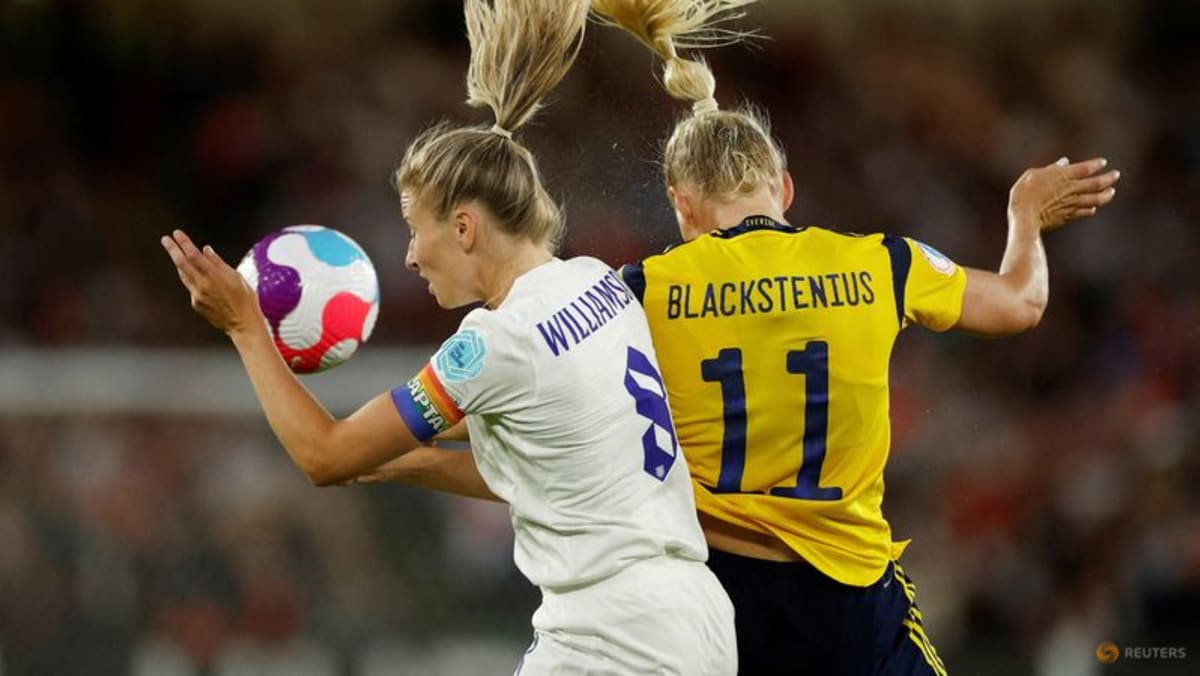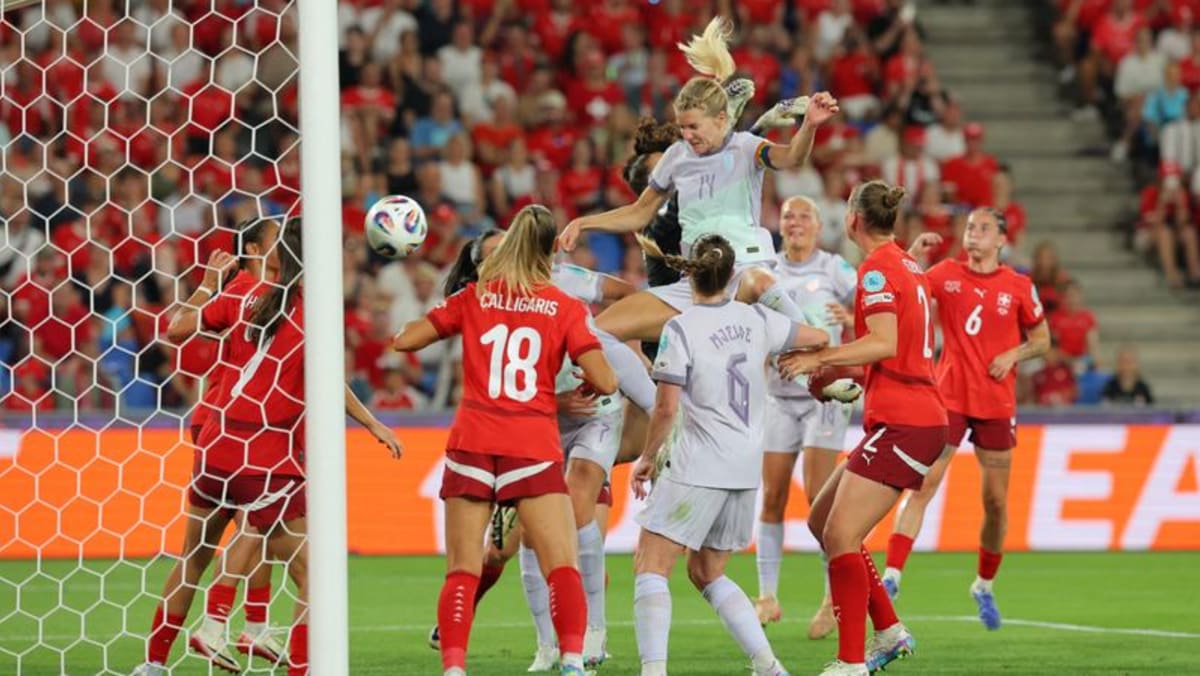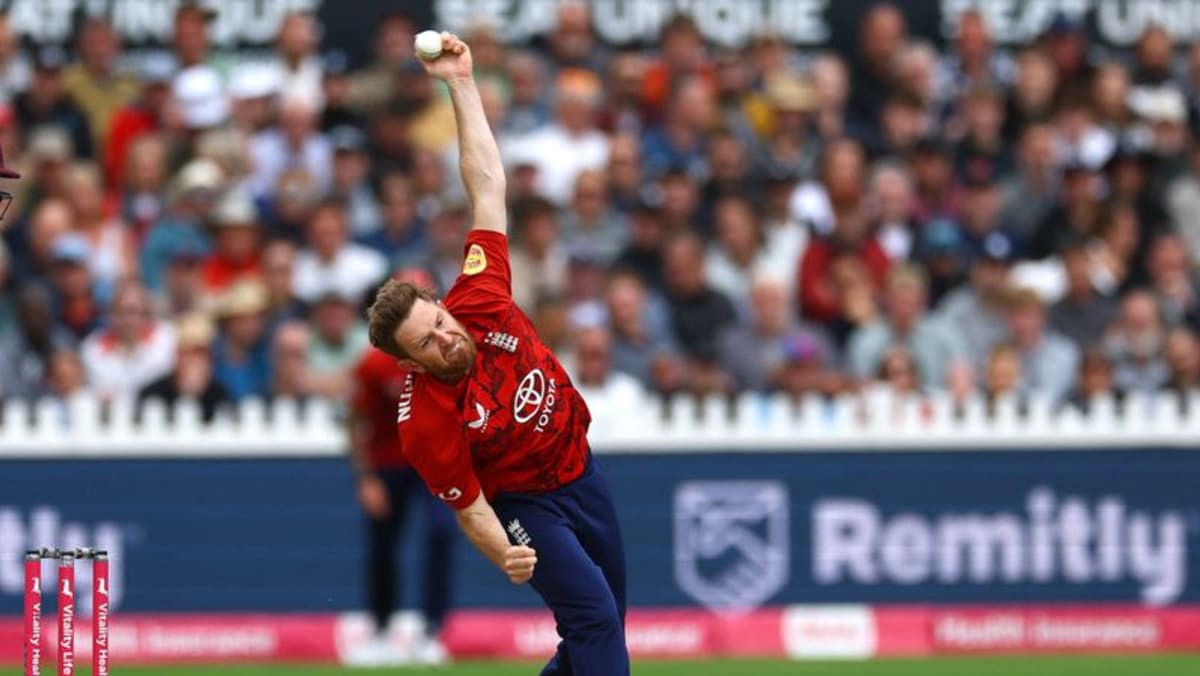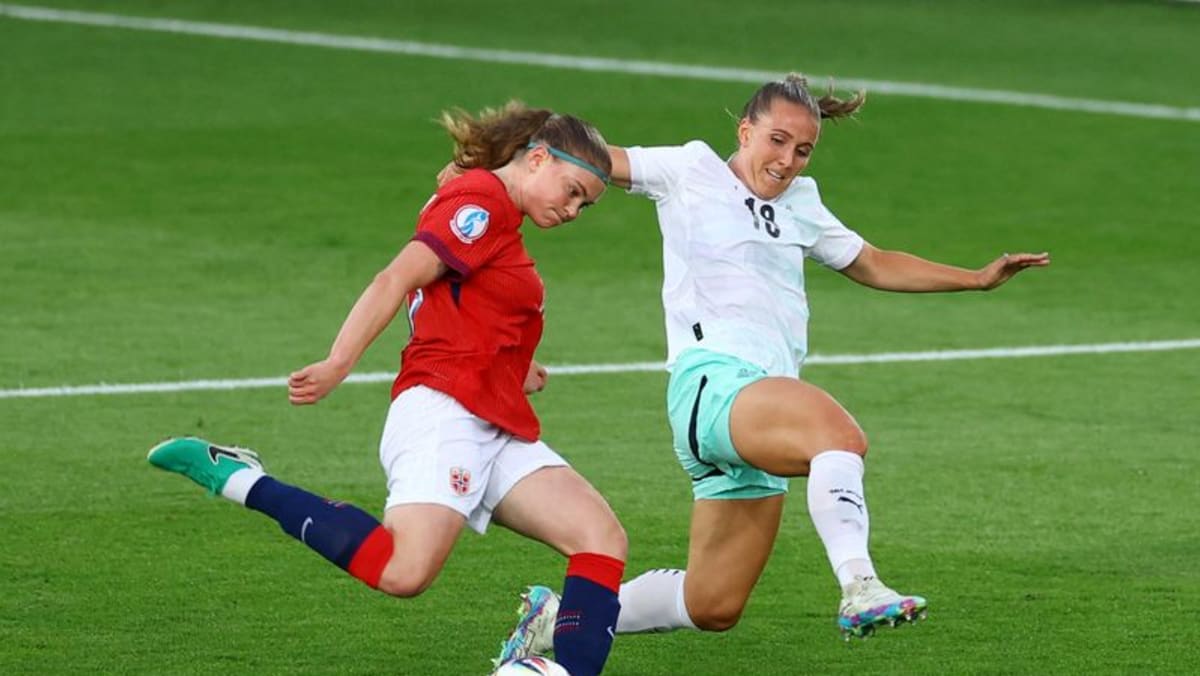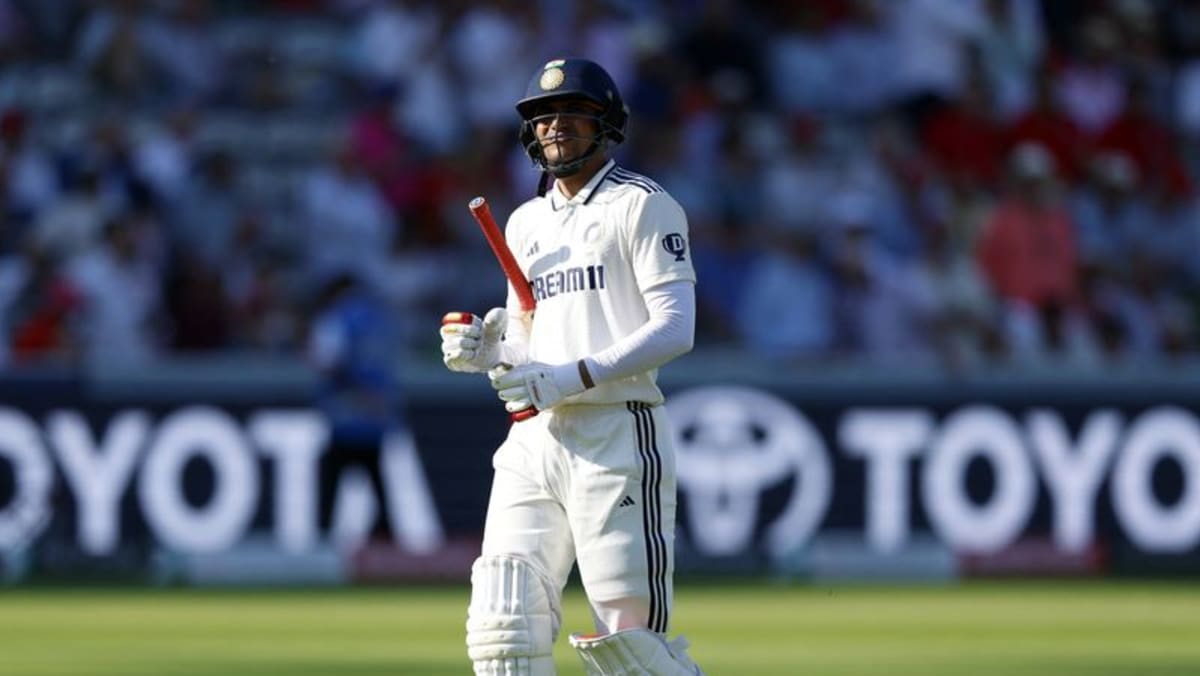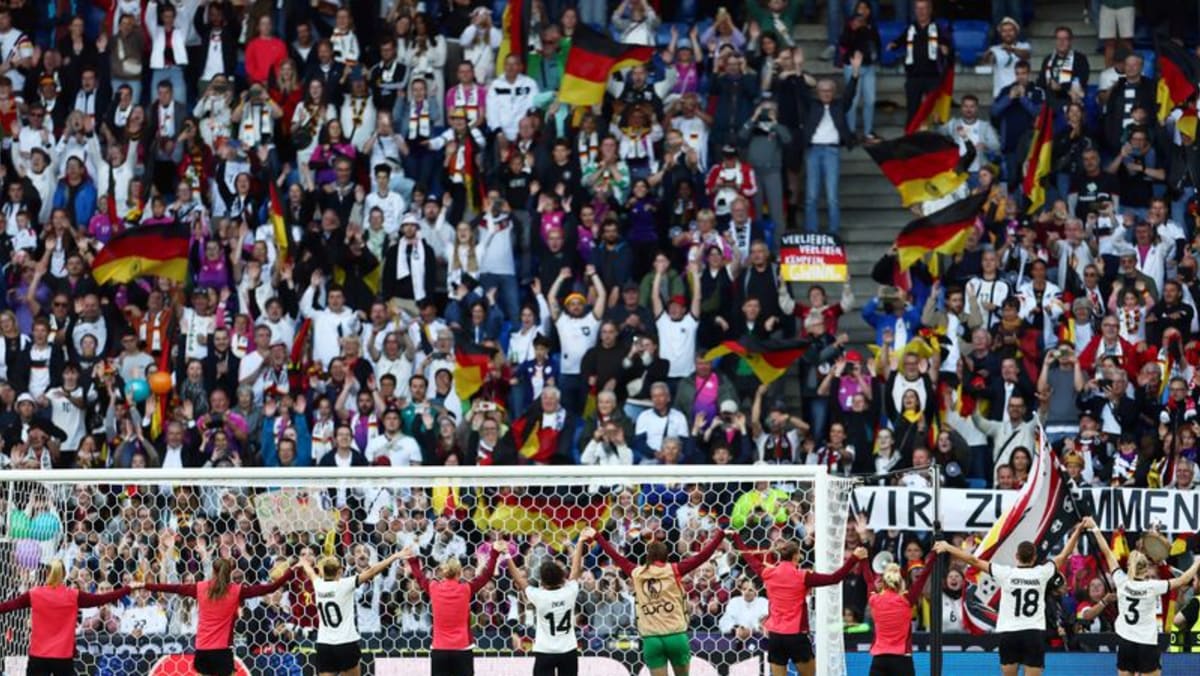Sports technology firm Teamworks said on Tuesday it was valued at over $1 billion after raising $235 million in a funding round led by Dragoneer Investment Group, as it looks to capitalize on the rise of analytics-driven strategies in sports.
The trend towards data-driven decision-making in sports, popularized by Billy Beane of “Moneyball” fame, is fueling increased investment in analytics tools and partnerships, especially as U.S. universities take advantage of relaxed college athlete sponsorship rules.
“As the sports landscape changes and as our customers’ ambitions grow, this milestone provides significant resources to invest in innovation,” said Kyle Charters, chief financial officer of Teamworks.
The latest fundraise, which was a combination of primary and secondary, comes two years after Teamworks raised $115 million in its Series E round.
Startups are remaining private for extended periods, securing larger late-stage funding rounds as the public markets recovery continues at a sluggish pace.
Enterprise AI search startup Glean and automotive software maker Applied Intuition have also raised massive late-stage rounds in recent weeks.
Record global dry powder levels have LPs pressuring money managers to deploy or return capital, leading to a greater investor demand for mature companies such as Teamworks.
“Competition (among investors) is fierce enough to push up pre-money marks even as overall deal counts sag and the median Series-B wait time stretches to a record 2.8 years,” said Michael Ashley Schulman, chief investment officer at Running Point Capital.
Teamworks provides a unified platform for communication, operations and performance analytics to over 6,500 sports teams worldwide, including all NFL and most NBA teams, according to the company.
It has expanded its offerings in recent years through acquisitions, including its entry into the coaching space with the purchase of Telemetry Sports earlier this month.






